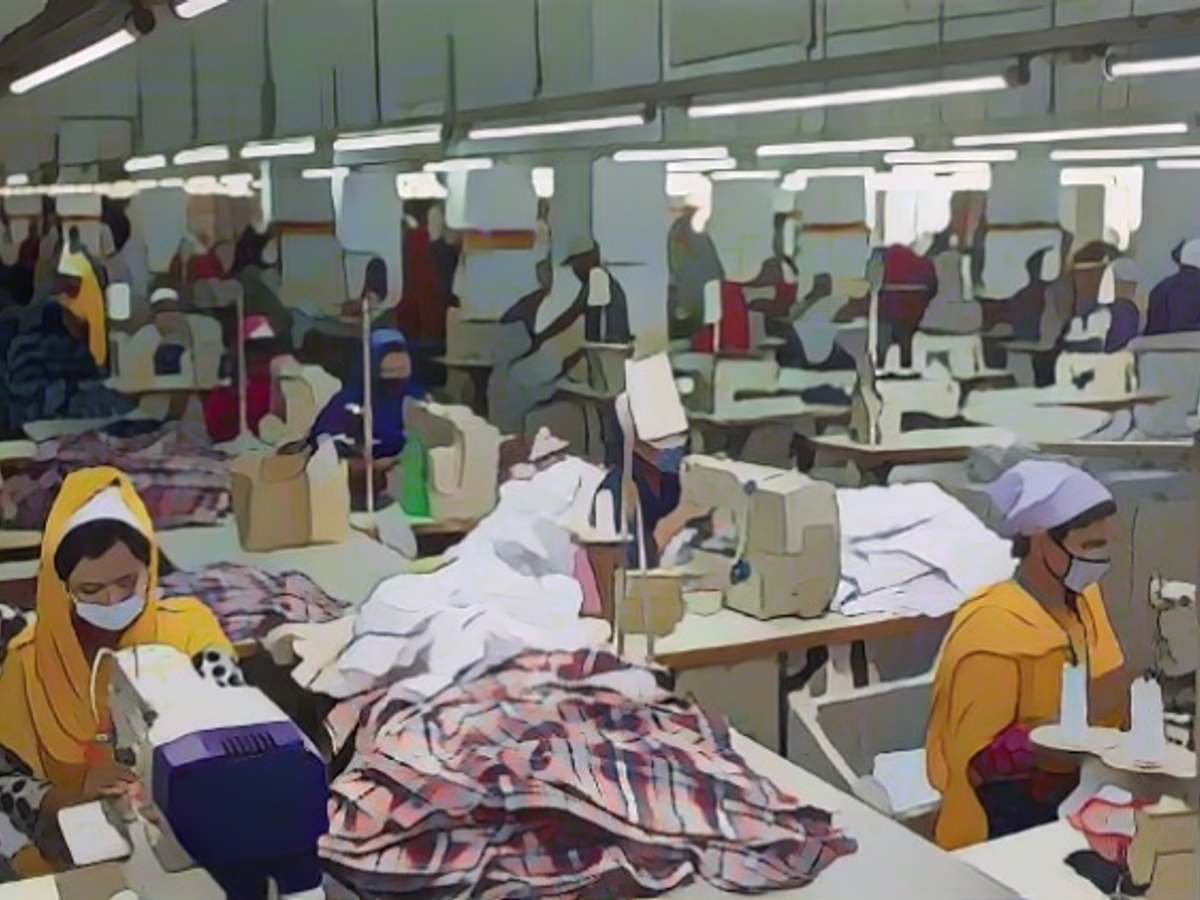Trade union rejects new minimum wage in Bangladesh's textile industry
The minimum wage in the textile industry in Bangladesh is currently 8300 taka (equivalent to 70 euros). In recent weeks, the demonstrators have demanded that it be almost tripled to 23,000 taka due to the sharp rise in the cost of living. The minimum wage commission with representatives from employers and trade unions as well as wage experts has now decided to increase it to 12,500 taka.
"This disappoints our expectations," said the head of the textile union, Kalpona Akter, to the AFP news agency. The minimum wage must rise to at least 15,000 taka per month.
In the country's textile industry centers, workers have been taking to the streets for two weeks to demand a substantial wage increase. According to the police, dozens of workshops and factories were vandalized during the protests last week and some were even set on fire. The protesters have also repeatedly blocked roads. The police responded with force. They fire tear gas and rubber bullets to break up the demonstrations. Two people have already died.
There were also violent protests on Tuesday. In the industrial city of Gazipur, the police reportedly used tear gas against thousands of demonstrating workers.
Bangladesh's capital Dhaka and its suburbs are an important center of the textile industry. Many Western brands such as Gap, H&M and Aldi have garments manufactured there and their production has been affected by the protests, according to trade unions. According to the police, around 600 factories that produce clothing for major Western brands were closed due to the protests.
The rejection of the proposed minimum wage increase by the trade union in Bangladesh's textile industry has sparked disappointment, as they believe the proposed 12,500 taka is significantly lower than the 15,000 taka they deem necessary. The high cost of living and the rise in prices have led workers to demand a near triple increase in the minimum wage to 23,000 taka. This situation has caused disruptions in the production of branded clothing for Western retailers such as Gap, H&M, and Aldi, as numerous factories have been closed due to the protests.
Source: www.ntv.de








